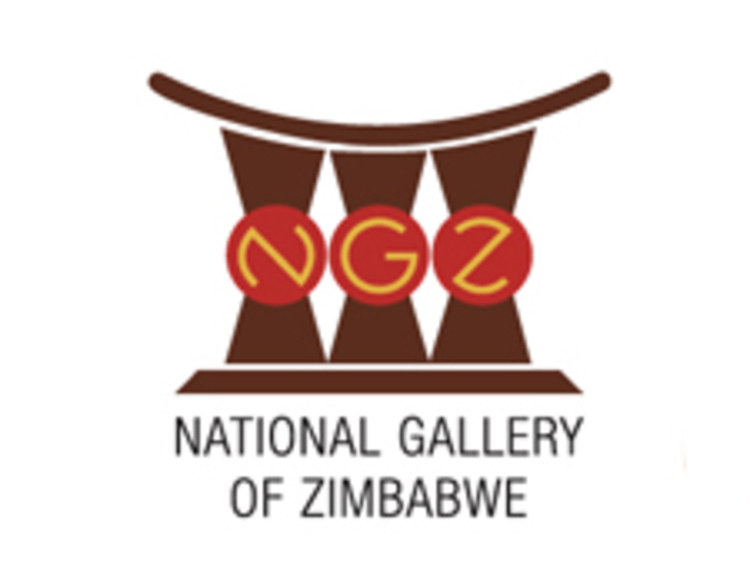New hope as Zimbabwe ratifies key climate treaty

Jeffrey Gogo Climate
Zimbabwe has ratified the Paris Agreement on climate change, according to Veronica Gundu, deputy climate change director in the Environment, Water and Climate Ministry.
This means the country is now legally obliged to stick to the terms of the accord, she said, terms that include a commitment to cutting the emission of climate warming gases like carbon dioxide and methane.
The “instrument of ratification was deposited” with the UN Secretary General’s Office, the repository of all international treaties, on September 6, Gundu told a journalists workshop on climate change in Harare last Thursday.
On this date, the country became bound by the Paris climate accord. In a statement read on her behalf by Tirivanhu Muhwati, a climate scientist with the Ministry, Gundu lamented Zimbabwe’s exposure to potential harm from dangerous climate change impacts.
She hopes the climate treaty will lessen the burden of funding on the public purse, needed to help communities cope. “The country’s vulnerability is also increased by our lack of the social, technological and financial resources required to adapt to and mitigate climate change,” said Mrs Gundu.
Agreed two years ago in France by nearly 200 world governments, the Paris Agreement mainly targets to limit global temperature rise at 2 degrees Celsius by 2100, and to avail a minimum $100 billion per year in climate finance for poor nations beginning now.
The agreement took effect in November last year, having received approvals from the requisite threshold of member states in record time, four years ahead of schedule.
Today, 160 countries have consented to the treaty, UN figures show.
And after 25 years of negotiations, talks that in nature are endemically incremental, the Paris treaty is now widely regarded the strongest response to climate change yet, by a world whose response had hitherto largely been muted, failing to meet up with the scale of damage brought on by the science.
Speedy Turnaround
Compared to past experiences, Zimbabwe’s ratification of the Paris Agreement was by far very quick.
Barely 17 months after President Mugabe, together with 150 other world leaders, signed the accord in New York – demonstrating intent to be governed by it – the country has already consented to the new global climate change treaty.
It was not until mid last year that Zimbabwe ratified the Doha Agreement, a treaty aimed at extending the Paris Agreement’s predecessor’s lifespan – the Kyoto Protocol – which had been signed four years earlier.
This quick turnaround in making Paris officially valid indicates Zimbabwe’s intention and commitment not only in fulfilling its emission reduction targets, but also tapping into the money available under the treaty to help poor nations adapt.
The Zimbabwe Government has said it needs about $90 billion in aid to meet its goals laid out in a government plan drawn up as part of the Paris Agreement on climate change.
That plan – known as Nationally Determined Contributions (NDCs) – aims to reduce carbon emissions and enhance resilience by measures such as expanding solar and hydropower, irrigation expansion, improving transport efficiency and others.
Overall, the country aims to cut its total emissions by over a third by 2030, mostly by increasing investment in hydropower and solar power and improving energy efficiency.
Already at work
Mrs Gundu said Zimbabwe had already started implementing some of the projects under its climate plan – those set of strategies it determined nationally as its contribution to the global effort at tackling climate change, voluntary contributions that become binding once ratified.
She cited initiatives in the energy sector aimed at improving efficiency and others in agriculture meant to increase energy access and to boost yields.
A ban on energy-guzzling bulbs in by ZERA, the energy regulator, is expected to save upto 40 megawatts of electricity each year while solar-powered irrigation installed at selected farmers is now looked at as the future of farming in a rain-short warming world.
Elsewhere, $80 million worth of several small hydropower stations in areas such as Chipinge and Chimanimani have come online in recent months, according to Press reports quoting Finance Minister Patrick Chinamasa.
In the petroleum industry, petrol is being blended upto 20 percent with ethanol, a green fuel while use of liquiefied petroleum gas, a clean burning fuel used for cooking and heating in households and industry, had soared 67 percent to 2,5 million kg per month in July, according to ZERA
Should Zimbabwe’s 600 000 domestic electricity users all make the switch to LP gas for their cooking and heating, the equivalent of 120 megawatts of largely coal generated power could be saved, Andrew Guri, a petroleum engineer, has said in a previous interview.
The ratification has also come at a time Cabinet has recently adopted the National Climate Policy, a key policy designed to mainstream climate change into national developmental and budgetary processes. The Policy now awaits official launch by President Mugabe, said Gundu, Zimbabwe’s deputy climate change director.
Ratification timeline
Accounting for just 0,05 percent of the global emissions total, the country faces some of the harshest realities of climate change.
In a two degrees Celsius warmer world, Zimbabwe will experience frequent, severe droughts and floods, agriculture yields may fall by up to 50 percent with deep water shortages and a spike in diseases like malaria, according to the UN expert panel on climate change.
Now it is interesting how a small country like Zimbabwe, whose total emissions, when put on the global radar, could easily fail to read has been fairly expedient in ratifying the Paris Agreement at a time the US, the world’s second largest polluter after China, has jumped ship.
Abdicating climate responsibility is something the US is fonding of doing. The country refused to join the Kyoto Protocol, electing self-regulation. But the world must move on, with or without the US.
Here is how Zimbabwe reached her consent:
September 2015 – Country submits its National Determined Contributions to the UN Framework Convention on Climate Change
December 2015 – Zimbabwe adopts Paris Agreement, together with 190+ countries
April 2016 – President Mugabe signs Paris Agreement in New York
Mid-2016 – Attorney General’s Office gives thumbs up to the accord
October 2016 – President Mugabe officially opens Zimbabwe’s Eighth Parliament, Fourth Session, encourages legislators to endorse treaty
November 4, 2016 – Paris Agreement enters into force
March 2017 – Parliament endorses Paris Agreement
Mid 2017 – President Mugabe signs “Instrument of Ratification”
August 7, 2017 – Foreign Ministry deposits “instrument paper” with UN Secretary General’s Office.
September 6, 2017 -Zimbabwe’s ratification takes effect.
God is faithful.









Comments